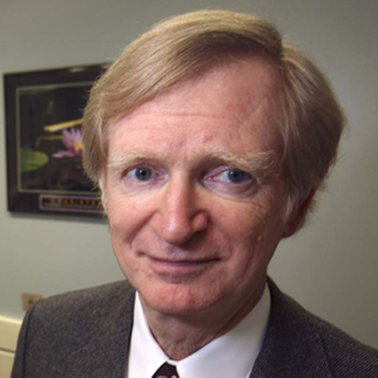
Tom Babor
Society Lecture 2000: New wine in old bottles
In 1976 Edwards and Gross published a provisional description of the alcohol dependence syndrome, a clinical condition that was thought to include impaired control over drinking, increased salience of drink-seeking behaviour, and neuroadaptation to the acute and chronic effects of alcohol. Since that time the syndrome concept has stimulated a great deal of instrument development, clinical research, experimental investigation and theoretical speculation and has emerged as the conceptual underpinning for the major diagnostic systems, used internationally such as the International Classification of Diseases. This lecture evaluates the current state of the dependence syndrome concept as well as its precursors in 19th and 20th century theories of addiction. It is argued that the dependence syndrome concept has much in common with earlier defmitions of inebriety and with Jellinek’s disease concept of alcoholism. Clinical and behavioural research stimulated by the dependence syndrome concept during the past 25 years is reviewed, giving special attention to the assumptions of the concept, such as its cross-cultural generalisability, applicability to other addictive disorders, and evidence for syndrome re-instatement. Research on the neurobiology of addiction is reviewed to evaluate the current status of the concept from the perspective of recent advances in neuroscience. It is suggested that despite its major contributions to diagnosis and clinical practice, the initial promise of the dependence syndrome concept has been impeded by over-reliance on phenomenological methods, the lack of a coherent theoretical foundation, and the inability of biological and behavioural scientists to integrate fmdings from their respective disciplines.